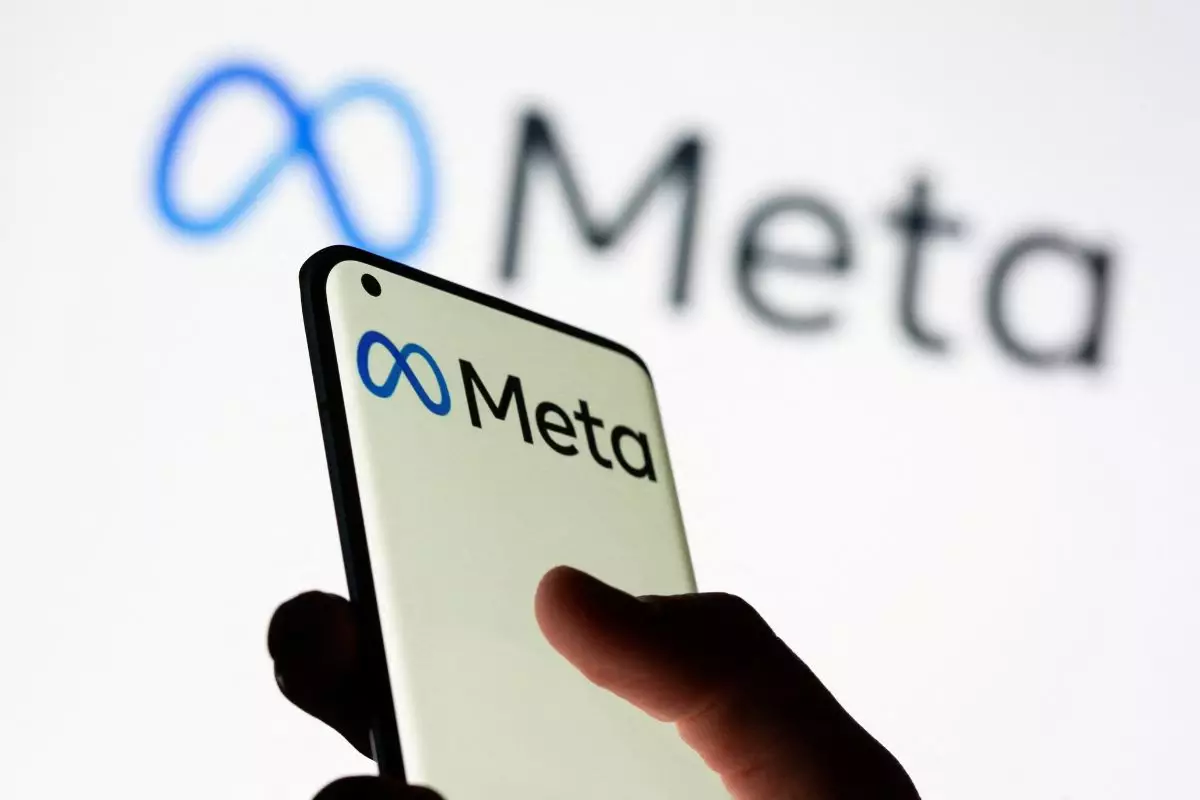In the realm of social media, few figures cast a long shadow as that of Mark Zuckerberg, the CEO of Meta. Recently unveiled documents during a trial have illuminated a lesser-known aspect of his tenure: the contemplation of spinning off Instagram back in 2018. This revelation is not merely a footnote in corporate history; it serves as a window into Zuckerberg’s anxiety over rising antitrust scrutiny and reveals the substantial weight he placed on regulatory concerns that could ultimately reshape Meta’s foundation.
In a memo dated during a pivotal phase of the company’s evolution, Zuckerberg’s musings painted a picture of uncertainty. He contemplated, albeit reluctantly, the drastic measure of detaching Instagram as a separate entity. The roots of this apprehension lie in the rapid ascent of regulatory scrutiny towards tech giants, coupled with the potential repercussions it might exert on the structure and strategy of his empire. The admission that Zuckerberg weighed the merits of such a separation strikingly underscores the evolving landscape where federal oversight is increasingly viewed as an existential threat to the tech business model.
Navigating Corporate Giants and Government Regulations
As the U.S. Federal Trade Commission (FTC) builds its case to dismantle Meta’s acquisitions of Instagram and WhatsApp, Zuckerberg’s reflections on spinning off Instagram take on a critical significance. It reveals that even the architect of one of the world’s foremost social media platforms harbored serious reservations about the implications his company faced amidst ongoing calls for regulatory action. This introspection raises profound questions about the viability of corporate giants in an era of intensified antitrust advocacy.
Acknowledging the probability that future administrations might enforce stricter regulations further unsettled Zuckerberg. His cautionary words about being forced to divest Instagram and WhatsApp encapsulate this precarious balance of power. The musing that “we may not be able to keep those apps together” engenders a sense of vulnerability that seems antithetical to the aggressive business maneuvering for which Meta is often criticized.
Competing in a Dominating Landscape
At the trial, Zuckerberg highlighted an essential truth shadowing the industry: the pressure to thrive can often blur the lines of ethical competition. The FTC’s allegations that Meta employed a “buy or bury” strategy to counteraction potential rivals paint a daunting picture of a monopolistic mindset rooted deeply within the corporate culture. Zuckerberg’s admission that Instagram’s superior camera technology spurred Meta’s acquisition reveals a deep-seated recognition of the competitive landscape—one where innovation dominance is not only coveted but aggressively secured through acquisition.
This method of accumulating competitors raises pertinent questions about the nature of innovation in tech. As Zuckerberg himself noted, building a competitive product is a challenging endeavor fraught with risks of failure—a reality he admitted to experiencing numerous times. This acknowledgment should not be taken lightly, for it suggests that rather than fostering innovation within, companies may instead find easier pathways to acquire valuation through mergers and acquisitions.
The Balancing Act: Innovation Versus Monopolization
The stark contrast between Zuckerberg’s expressed willingness to embrace consolidation for business growth and the FTC’s portrayal of Meta’s strategic maneuvers unveils a dissonance that permeates the tech industry. While on one hand, Zuckerberg viewed integration as a path to enhanced efficiency and market strength, the opposing viewpoint presents this behavior as detrimental to consumer choice and market health.
The underlying implications stretch far beyond individual apps. They call into question the ethical foundations upon which tech firms operate. Digital monopolies may aid operational efficiencies, but at what cost? Essential questions about innovation—whether it is being stifled in an environment where purchasing growth is prioritized over developing competing products—arise within public discourse.
In reflection of these complexities, Zuckerberg’s testimony serves not only as an insight into the psyche of a tech titan but encompasses a broader narrative about the relationship between innovation, competition, and regulation within the tech industry. The tensions that characterize this dynamic landscape require deep examination, as the consequences may shape the future of technology forever, necessitating a balance that champions both creativity and fair market practices.
As the trial unfolds and the narrative surrounding Meta continues to evolve, one thing remains certain: the landscape of social media, shaped by both Zuckerberg’s decisions and ongoing regulatory scrutiny, holds monumental significance for an entire generation navigating the digital ecosystem.

